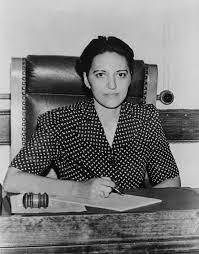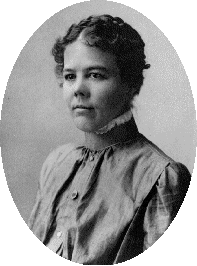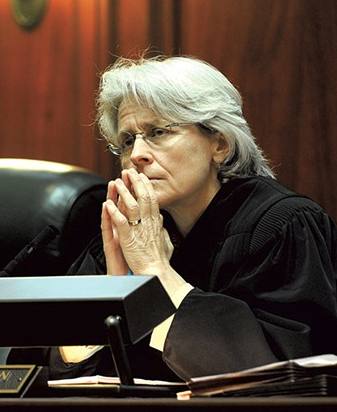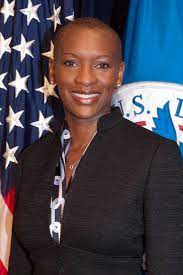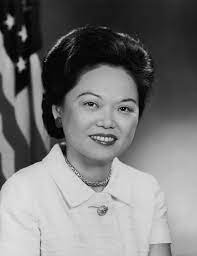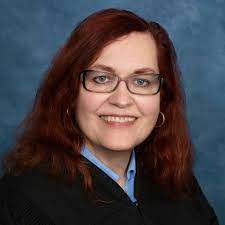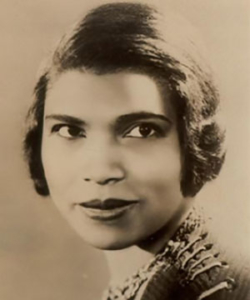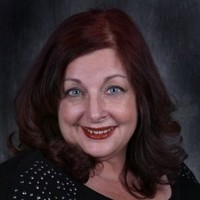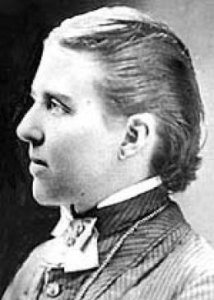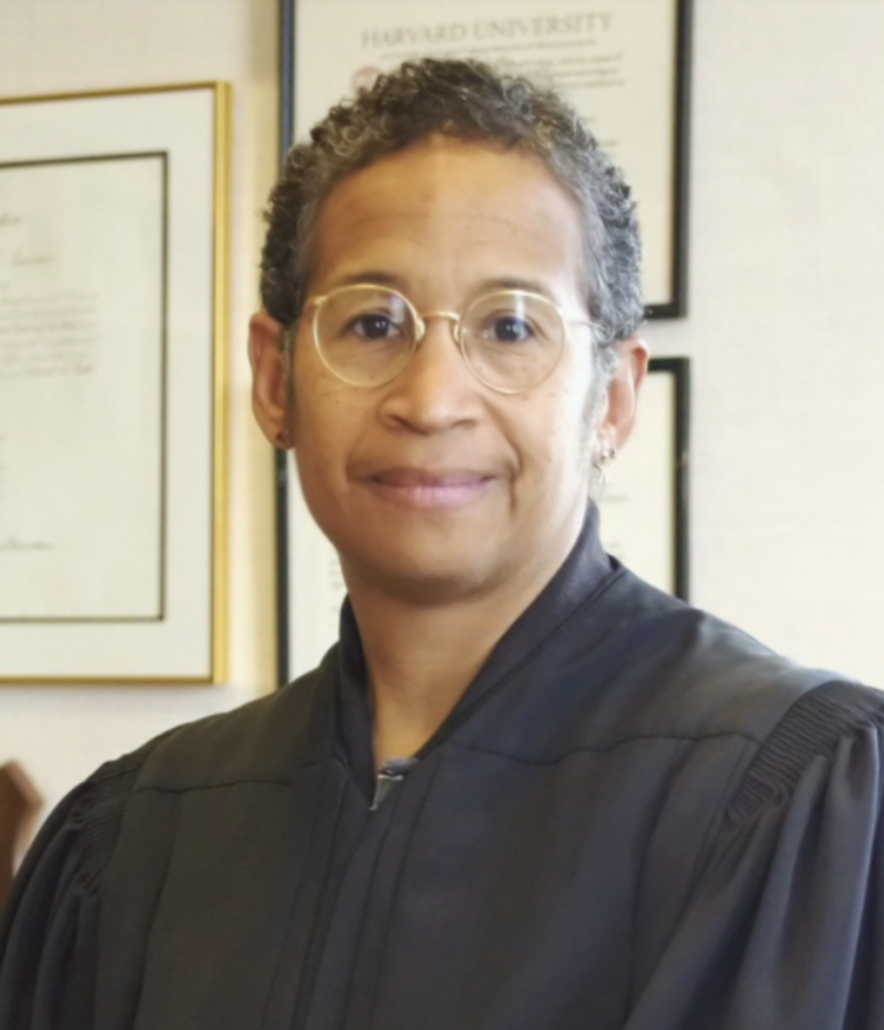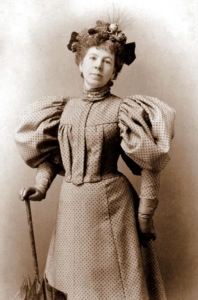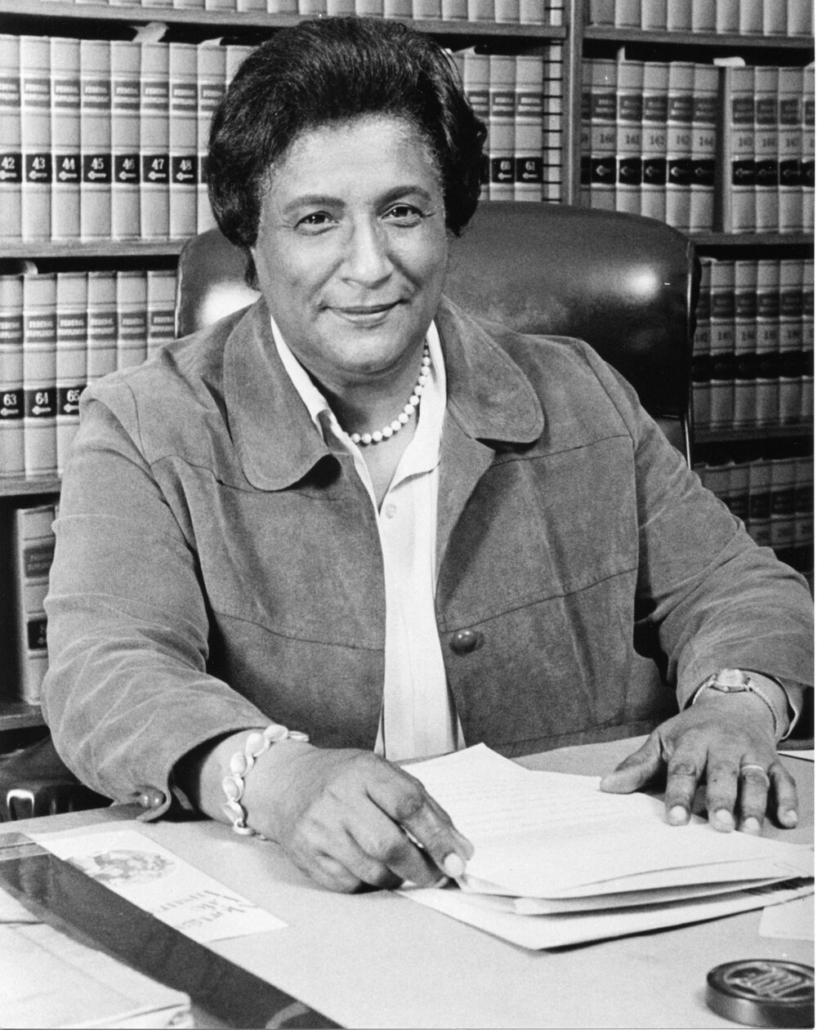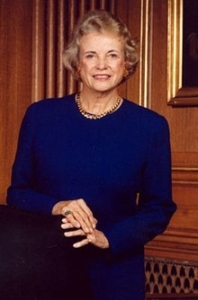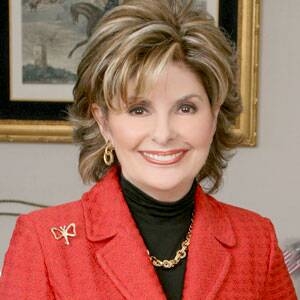Veritext Celebrates International Women’s Day!
International Women’s Day (March 8) is a day that raises awareness and celebrates women’s achievements. Let us take this time to acknowledge and applaud the hard work and excellence of women, especially those who work in the legal profession: attorneys, paralegals, court reporters, and legal videographers. Although males used to dominate the reporting profession, according to NCRA statistics, today 88% of court reporters are female. The American Bar Association reported in 2020 that 37% of attorneys are female with expectations that this number will continue to grow.
On March 8th, and every day, let us all cheer on and congratulate exceptional women as they continue to inspire, trailblaze and reach their professional goals.
To celebrate International Women’s Day, we have highlighted several different women who have revolutionized the legal profession:
Jane Bolin
First African-American woman to graduate from Yale Law School, to join the New York City Bar Association, to join the New York City Law Department, and to serve as a judge in the United States!
Jane Bolin was born in Poughkeepsie, New York on April 11, 1908. She was the daughter of Gaius C. Bolin, a lawyer and the first black person to graduate from Williams College. At 16, she enrolled at Wellesley College where she was one of only two black freshmen. Bolin graduated in the top 20 of her class in 1928.
Although Bolin was strongly discouraged from applying to Yale Law School due to her race, she was admitted and graduated in 1931 as the first black woman to receive a law degree from Yale. She then went on to become the first black woman to join the New York City Bar Association in 1932.
On July 22, 1939, Mayor of New York City, Fiorello La Guardia, appointed Bolin as a judge of the Domestic Relations Court, making Bolin the first black woman to serve as a judge in the United States. Bolin proceeded to be the only black female judge in the country for twenty years. Source
Lyda Conley
First Native American Woman to Argue a Case Before the Supreme Court
Eliza Burton “Lyda” Conley was an Wyandot-American lawyer of Native American and European descent, the first woman admitted to the Kansas Bar Association. She was notable for her campaign to prevent the sale and development of the Huron Cemetery in Kansas City, now known as the Wyandot National Burying Ground. She challenged the government in court, and in 1909 she was the first Native American woman admitted to argue a case before the Supreme Court of the United States. Source
Beth Robinson
First Openly LGBTQ Woman To Serve on a Federal Appeals Court
Beth Robinson (born March 6, 1965) is an American lawyer and judge from Vermont. She is a United States Circuit Judge of the United States Court of Appeals for the Second Circuit and is the first openly lesbian judge to serve on any Circuit Court. Robinson served as an associate justice of the Vermont Supreme Court from 2011 to 2021.
Before joining the Vermont Supreme Court in 2011, Robinson was a civil litigator at Langrock Sperry & Wool from 1993 to 2011 focusing on employment law, workers’ compensation, contract disputes and family law and representing LGBT individuals in civil rights cases.
She served as co-counsel in Baker v. State of Vermont, in which the Vermont Supreme Court ruled the state’s ban on same-sex marriage violated state law. The 1999 decision led to the state Legislature’s enactment of Vermont’s civil union law the following year. Source
Claudia Gordon
First Deaf Black Female Attorney in the United States
Claudia Gordon is the first female African American deaf lawyer in the United States. She is also the first deaf student to graduate in 2000, from the American University (AU) Washington College of Law, in Washington, DC. At AU, Gordon specialized in disability rights law and policy. Since earning her juris doctorate from AU, Gordon has been active in working to ensure the rights of people with disabilities are respected. Claudia Gordon was born in rural Jamaica. Her mother immigrated to the South Bronx, in New York, so that she could earn a better living, and planned to reunite with her children as soon as she could. Claudia and her younger siblings were left in the care of her eldest sister, Mildred Taylor, a schoolteacher. While in her eldest sister’s care, Claudia suddenly developed severe pain in her middle ears and at age eight Claudia Gordon became deaf. Gordon graduated from Howard University in 1995 with a bachelor of arts in political science. At Howard, Gordon was a Patricia Robert Harris Public Affairs Fellow, a member of the Golden Key National Honor Society, and the Political Science Honor Society. More awards and honors came at American University, where Gordon was an Equal Justice Foundation Fellow, had the Myers Law Scholarship, and the J. Franklin Bourne Scholarship. In 2002, Gordon received the Paul G. Hearne/AAPD Leadership Award from the American Association of People with Disabilities. Source
Patsy Mink
First Asian American Woman Elected Into Congress
As a third-generation Japanese American, Patsy Mink grew up in Hawaii and graduated from the University of Chicago Law School in 1948. She faced sexism when she was refused the right to take the bar exam in Hawaii, due to losing her Hawaiian territorial residency when she got married. She challenged the statute and was able to pass the bar but was rejected from jobs because she was married and had a child, so she started her own practice in 1953. She made waves challenging discriminatory laws and became the first woman of color and the first Asian American woman elected into Congress when she won a seat in 1964. She served for 12 terms and later ran for the 1972 presidential election, making her the first East Asian American woman to seek a presidential nomination. Source
Victoria Kolakowski
First Openly Transgender Person to Serve as a Trial Court Judge in the United States
Judge Victoria Kolakowski became the first and only openly transgender trial judge in the United States when she was elected to the Alameda County Superior Court in November 2010. Judge Kolakowski is a former President of the International Association of LGBT Judges, and of the Earl Warren American Inn of Court chapter in Alameda County. She was an attorney for twenty-one years in Louisiana and California, serving as a sole practitioner, attorney in a small firm, as general counsel for a publicly-traded company, as a senior government utility regulatory attorney, and as an administrative law judge for two different California agencies. As a judge, she has served in both civil and criminal trial assignments. She recently completed a year as the Supervising Judge of the Collaborative Courts, with subject matter oversight over all of the treatment courts (drug, behavioral health, veterans’, etc.) in Alameda County. Source
Ollie E. Watson
First Woman to Serve as President of the National Court Reporters Association (National Shorthand Reporters Association, at the time)
While the first convention of the National Shorthand Reporters Association (later renamed the NCRA), convened in Chicago in 1899 with 156 reporters in attendance, it wouldn’t be until 1951 when its first female president, Ollie E. Watson, was elected. Rachel M. Smith was the second female president, elected in 1954. Source
Charlotte E. Ray
First African American Female Attorney in the US
The daughter of an important figure in the abolitionist movement and newspaper editor, Charlotte E. Ray was encouraged from an early age to go to college. In 1872, she became the first woman to graduate from the Howard University School of Law. That same year she was admitted to the District of Columbia Bar, becoming the first African-American woman lawyer in the United States. While details of her specific area of practice are debated, there is evidence that she was the first woman to argue a case in the District of Columbia Supreme Court. An example of her writing still exists from Gadley v. Gadley, a domestic abuse case from 1875. Despite her legal knowledge and corporate law expertise, and efforts to advertise her services in Frederick Douglass’ weekly newspaper, racial and gender biases kept her from a prosperous legal career. She later became a teacher in the Brooklyn school system.
Connie Rill
Founding President of the American Association of Electronic Reporters and Transcribers (AAERT)
The founding concepts for the American Association of Electronic Reporters and Transcribers (AAERT) began with Connie Rill (California), who in 1993 invited two associates, Steve Townsend (Arizona) and Janet Harris (Wisconsin), to explore forming an organization to represent the electronic court reporting and transcribing industry. Their efforts came to fruition in March 1994 when about 75 interested private-sector practitioners met in Las Vegas to formally inaugurate AAERT. Source
Arabella Mansfield
First Licensed Female Attorney in the US
Arabella Mansfield, also known as Belle Babb Mansfield, was the first licensed female attorney in the United States. Mansfield graduated from Iowa Wesleyan University in 1866 and taught Political Science, English and History at Simpson College. In 1868, encouraged by her husband, Mansfield took the bar exam and passed with high scores despite an Iowa law prohibiting women to practice law. After Mansfield fiercely challenged the law, the court ruled that women may not be denied the right to practice and admitted her to the Iowa State Bar in 1869. Despite the newly overturned law, Mansfield chose to dedicate her life to college teaching and activist work—specifically, the Women’s Suffrage Movement.
Deborah A. Batts
First Openly LGBTQ+ Member of the Federal Judiciary & First Black Faculty Member at Fordham University School of Law
United States District Judge Deborah A. Batts is the first openly gay, lesbian, or bisexual member of the federal judiciary.
President Clinton appointed Judge Batts to the United States District Court for the Southern District of New York in 1994. A distinguished member of the bench, she has presided over several high-profile cases, including a lawsuit against former EPA Administrator Christine Todd Whitman, who was accused of failing to inform New Yorkers of the health risks of returning to their homes after the 9/11 attacks.
In 1973, she became an associate at Cravath, Swaine & Moore. In 1979, she became an Assistant United States Attorney in the Southern District of New York in the Criminal Division. And in 1984, Judge Batts joined the faculty at Fordham University School of Law as the first black faculty member. Source
Vivien Spitz
Female Stenographer for the Nuremberg War Crimes Trial
Vivien Spitz was the first female Official Reporter of Debates in the United States Senate and a court reporter at the Nuremberg War Crimes Trial. In 1946 Spitz, a court reporter from Illinois, was recruited to report verbatim proceedings at the Nuremberg War Crimes Trial. In 1948, after returning to the US following the trials, Spitz suffered from PTSD as a result of the horrifying testimonies from witnesses and victims of the Holocaust. She courageously persisted and went on to serve as an official shorthand reporter in the Denver District Court, then as the first female Official Reporter of Debates in the US Senate, and finally as an Official Reporter of Debates in the US House of Representatives – a job she held for ten years, under four presidents. In her retirement, Spitz received several humanitarian awards for sharing her experiences from Nuremberg with students and adults interested in medical ethics and human rights. In 2005, she published the book, Doctors from Hell, The Horrific Account of Nazi Experiments on Humans.
Clara Foltz
A Suffragette who Passed the “Woman Lawyer’s Bill” in California
Clara Shortridge Foltz is most notable for becoming the first female lawyer on the West Coast. In 1877, a single mother of five children, Foltz supported her young family by giving public lectures on the Women’s Suffrage Movement. It was during this time that she began studying law in the office of a local judge. After being denied the opportunity to take the California bar exam Foltz authored the “Woman Lawyer Bill, which replaced the term “white male” with “person” permitted to practice law. In 1878, on her own education and merit, she passed the bar exam and became the first woman admitted to the California bar and thus the first female lawyer on the West Coast. Foltz tried cases in court before women were allowed to serve on juries and was a leader in the women’s voting rights movement. While she struggled for sufficient income for decades, Foltz had many more “firsts” throughout her life: she was the first woman appointed to the State Board of Corrections, the first female Notary Public, the first female clerk for the State Assembly’s Judiciary Committee, the first woman to run for Governor of California, and the first female deputy district attorney in the United States.
Constance Baker Motley
First African-American woman appointed to the federal judiciary, NAACP Legal Defense and Educational Fund’s first female attorney, First African-American woman to argue a case before the Supreme Court, and First African-American woman to sit in the State Senate!
Constance Baker Motley was born on September 14, 1921 in New Haven, Connecticut. Motley attended New York University in 1943 and received her law degree from Columbia Law School in 1946. During Baker’s second year of law school, future U.S. Supreme Court Associate Justice, Thurgood Marshall, hired her as a law clerk.
After graduating from Columbia, Motley became the NAACP Legal Defense and Educational Fund’s (LDF) first female attorney. Motley went on to become Associate Counsel to the LDF, making her a lead attorney in many significant civil rights cases.
In 1950, Motley wrote the original complaint in the case of Brown v. Board of Education. She was also the first African-American woman to argue a case before the U.S. Supreme Court (Meredith v. Fair). Motley was successful in nine of the ten cases she argued before the Supreme Court.
Motley was elected to the New York State Senate in 1964, making her the first African-American woman to sit in the State Senate.
In 1966, Motley broke another glass ceiling by becoming the first African-American federal judge after her nomination to a seat on the United States District Court for the Southern District of New York by President Lyndon B. Johnson. Source
Sandra Day O’Connor
First Female Justice of the US Supreme Court
Born on a cattle ranch in El Paso, TX, Sandra Day O’Connor graduated magna cum laude with a BA in economics from Stanford University at the age of 20 and received her law degree two years later. Early on in her career, despite her academic achievements, O’Connor found it difficult to find a paying job as an attorney due to gender biases. Not one to be discouraged, she offered to work for no pay and worked her way to become a deputy district attorney in San Mateo, CA and then a civil attorney for the army in Germany. Upon her return to the US she became an assistant attorney general for Arizona in 1965 and was elected to the Arizona Senate in 1969. There she became the first woman in the United States to become majority leader. In 1975 she was elected a Superior Court Judge in Maricopa county and then to the Arizona Court of Appeals in Phoenix. In 1981 O’Connor was nominated by President Ronald Reagan to fill a vacancy in the Supreme Court. She was confirmed unanimously by the Senate and sworn in as the very first female justice, shattering the highest glass ceiling in the American legal system. During her tenure on the Court, O’Connor became known as a “swing vote” on many prominent cases, including Casey v. Planned Parenthood and Bush v. Gore.
Gloria Allred
Influential Female Attorney for Women’s Rights
A well-known champion for women’s rights, Gloria Allred began her career as a high school teacher in Philadelphia, PA. While working on her graduate degree at New York University Allred became deeply involved in the civil rights movement. She moved to Los Angeles, CA in 1966 and worked for the Los Angeles Teachers Association. After her own personal experience with assault, Allred began to pursue a law degree and committed her life to helping victims. In 1975 she was admitted to the State Bar of California and began a four decades long influential legal career. She has represented a wide variety of civil rights suits involving women’s’ rights, wrongful termination and employment discrimination, and was the first lawyer to challenge same-sex marriage laws in California. A master of the press conference, Allred is known for bringing cases against high-profile men and celebrities and managing the narrative that surrounds them for her clients.
Veritext is also incredibly proud to support several women’s associations and philanthropic activites throughout North America, including:

